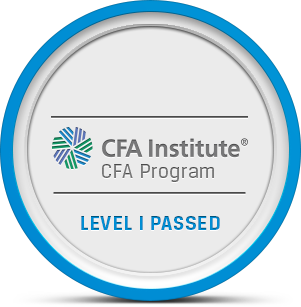
Chartered Financial Analyst Level 1
Get started today
Ultimate access to all questions.
A company's return on equity (ROE) is most likely to decline if shareholders' equity grows at:
A company's return on equity (ROE) is most likely to decline if shareholders' equity grows at:
Exam-Like
A
a slower rate than net income.
33.3%
B
the same rate as net income.
0.0%
C
a faster rate than net income.
Comments
Loading comments...